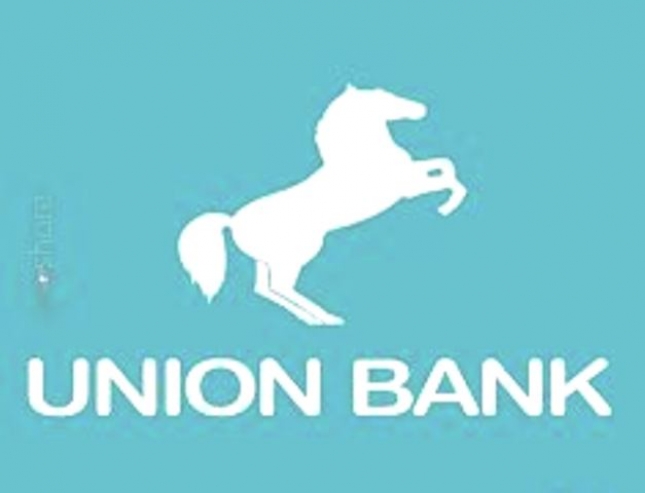UNION Bank has reiterated its commitment to the development of rural agriculture in the country, through adequate provision of rural financing in Nigeria.
The Chief Executive officer of the bank, Emeka Enuwa stated this recently in Abuja at a two-day workshop on catalyzing the Diversification of the Nigerian Economy through Effective agricultural Finance organized by African Rural Agricultural Credit Association (AFRACA).
He said Union Bank would keep providing agricultural finance to rural farmers, adding that as a member of African Rural Agricultural Credit Association (AFRACA), it remained committed to providing rural finance in Nigeria.
Enuwa went further to say that Agriculture remained the vital tools that can get the country out of the current depleted foreign exchange stressing that agricultural financing and infractions development must remain an unbroken chain for economic development.
“At Union Bank, we shall continue to provide credit to the agricultural sector and we encourage the other banks to do the same. We remain committed to driving investment in the agricultural sector as an active member of AFRACA and we urge all participants to align with AFRACA’s vision of a rural Africa, where people have access to sustainable financial services for economic development”.
ALSO SEE: Sterling Bank clinches ‘Best Bank in Nigeria’ Award
He said one of the challenges facing agriculture sector today is lack of effective agriculture finance. “In Nigeria, the banking sector has made some progress. Over the last few years from 2014 to 2015 there has been 36% growth in loan to the real sector; agriculture did not get up to 4% of the total lending in Nigeria”
“As it stands, we are the largest producer of cassava in the world and this is an opportunity to do more of that. We have to move away from being a net food importer to a net food exporter.”
He called on Nigerians to usurp the competitive advantage we have in cassava production to ensure the country become a force in cassava farming and processing.
He recounted that Nigeria was a major exporter of Palm oil, cotton and rubber in the eighties, but the oil boom drifted the nation to focus on oil which has now become a commodity with a value that cannot drive the economy, saying that most African countries like Angola that are dependent on oil are also going through the same economic challenge, while urging government to increase funding to agriculture to enable more farmers have access to credits.
He said, “Nigeria we all know is an oil producing nation as a number of other member nations, and over the last year or so, we find ourselves in a situation where oil revenue has declined approximately to 43% year to year, 2014 to 2015. And when your foreign currency earnings decline, it has a direct impact on the economy.

 Health6 days ago
Health6 days ago
 Entertainment1 week ago
Entertainment1 week ago
 Crime6 days ago
Crime6 days ago
 Education1 week ago
Education1 week ago
 Health1 week ago
Health1 week ago
 Comments and Issues7 days ago
Comments and Issues7 days ago
 Football1 week ago
Football1 week ago
 Latest6 days ago
Latest6 days ago










